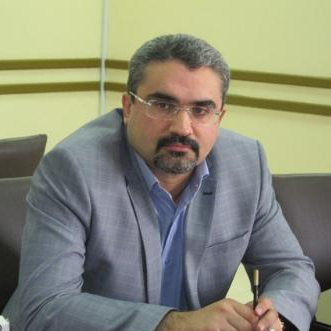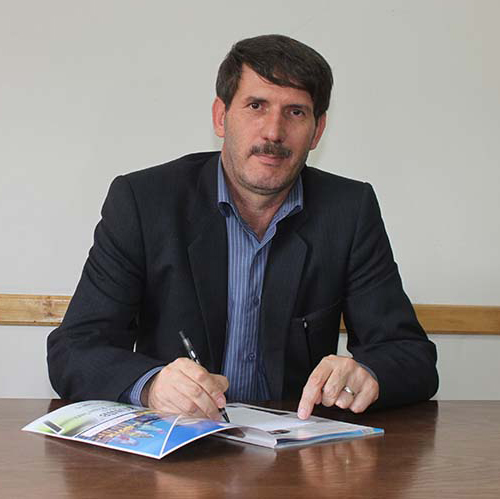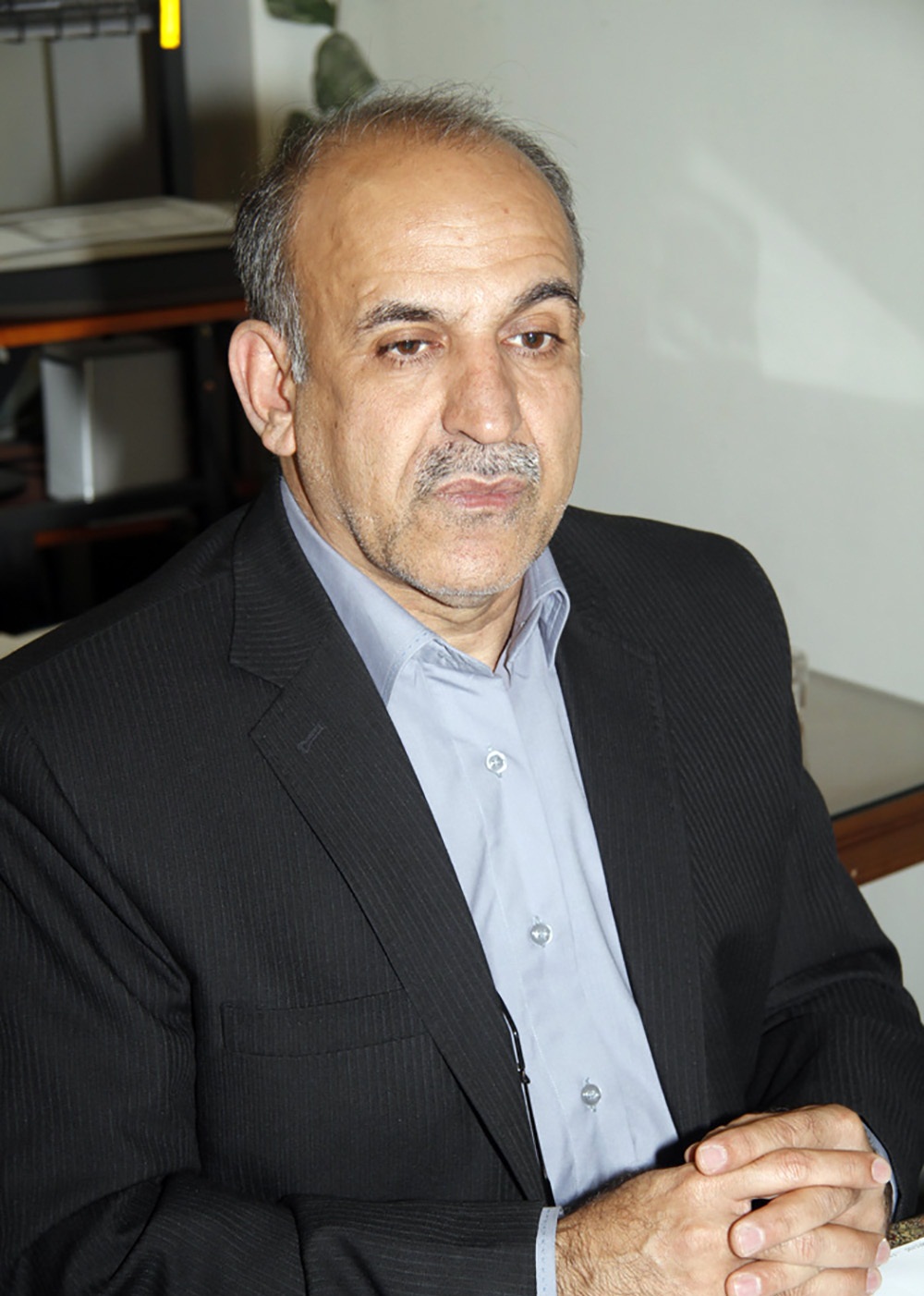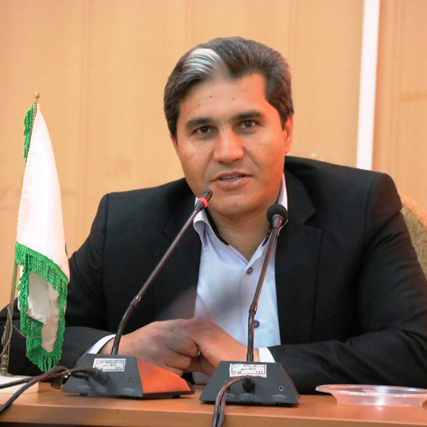The Effectiveness of Logotherapy on Psychological Capital and Cognitive Emotion Regulation in Women Affected by Marital Infidelity
Keywords:
Logotherapy, Psychological Capital, Cognitive Emotion RegulationAbstract
Objective: This study aimed to examine the effectiveness of logotherapy on psychological capital and cognitive emotion regulation in women affected by marital infidelity.
Methodology: The research was quasi-experimental, employing a pretest-posttest control group design. The statistical population included all women affected by marital infidelity who sought psychotherapy and counseling in Tehran in 2023. From this population, 30 participants were selected through convenience sampling. Data collection instruments included Luthans' Psychological Capital Questionnaire (2007) and Garnefski & Kraaij's Cognitive Emotion Regulation Questionnaire (CERQ-short) (2006). Participants were divided into an experimental group and a control group. The experimental group received eight 90-minute sessions of logotherapy based on Frankl's theory (1992), while the control group received no intervention. After the sessions, the posttest was conducted, followed by a three-month follow-up. Data were analyzed using analysis of covariance (ANCOVA) and mixed variance analysis through SPSS-26 software.
Findings: The results revealed a significant difference between the experimental and control groups in psychological capital and adaptive emotion regulation strategies. Logotherapy significantly increased self-efficacy, hope, resilience, and optimism in women affected by marital infidelity. Additionally, the time factor showed significant improvement in variables such as acceptance, positive refocusing, planning, positive reappraisal, putting into perspective, self-blame, rumination, catastrophizing, and other-blame.
Conclusion: Logotherapy proved to be an effective method for enhancing psychological capital and cognitive emotion regulation in women affected by marital infidelity. The effects remained stable over time, contributing to improved psychological and emotional well-being in this group of women.



























